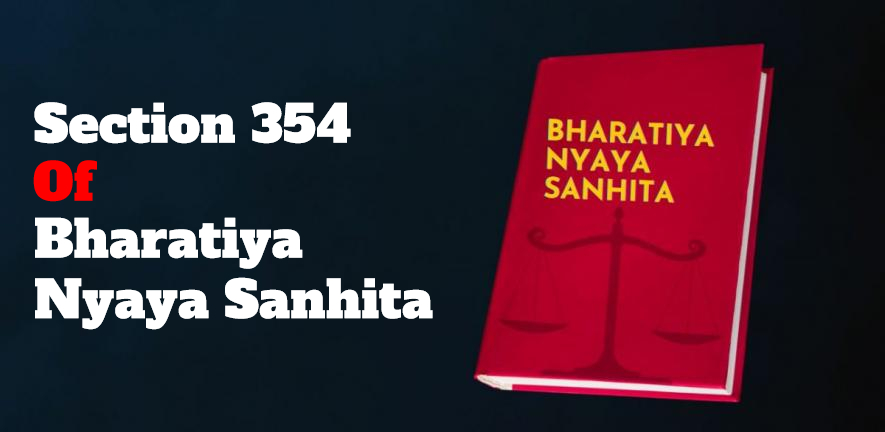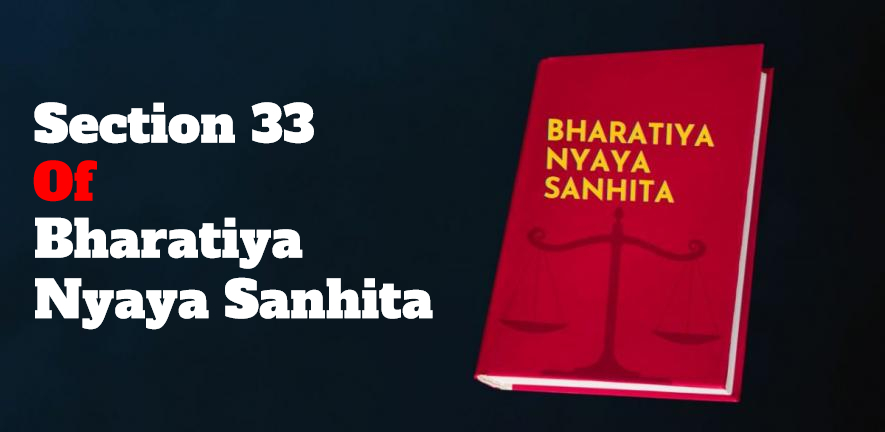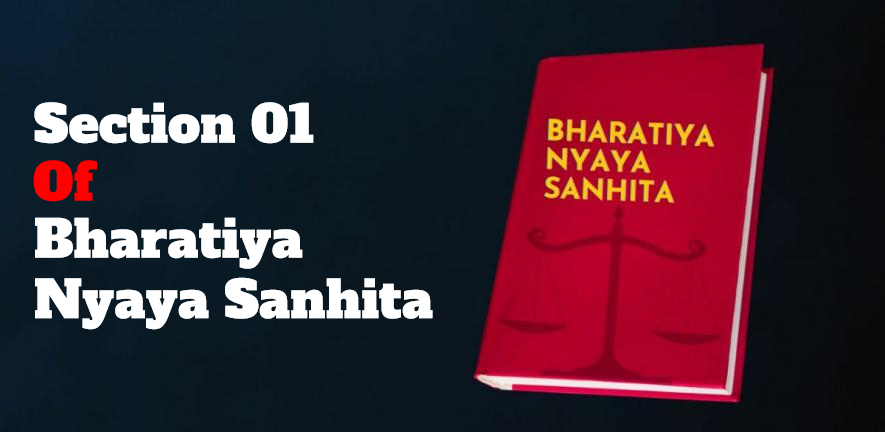Section 354 of the Bharatiya Nyaya Sanhita (BNS) addresses the offense of inducing a person to act against their legal obligations through the threat of divine displeasure. The section states:
Whoever voluntarily causes or attempts to cause any person to do something that they are not legally required to do, or to refrain from doing something they are entitled to do, by inducing or attempting to induce that person to believe that they, or someone they care about, will become an object of divine displeasure due to the offender’s actions, shall be punished with imprisonment for up to one year, a fine, or both.
Illustrations of the Offense
- Example of Dharnas: If a person sits in protest at someone else’s door with the intent to make that person believe they will incur divine displeasure, they have committed an offense under this section.
- Threatening Harm: If an individual threatens another that they will harm their own child unless the other performs a certain act, and this threat is framed in a way that the other believes it will invoke divine displeasure, this also constitutes an offense under Section 354
- .
This section is part of broader reforms in the BNS, which aims to replace the Indian Penal Code and modernize various legal provisions, while retaining many offenses from the IPC
What are the key differences between Section 354 of the IPC and Section 354 of the BNS
The key differences between Section 354 of the Indian Penal Code (IPC) and Section 354 of the Bharatiya Nyaya Sanhita (BNS) can be summarized as follows:
Definition of the Offense
- IPC: Section 354 of the IPC defines the offense as the act of assaulting or using criminal force against a woman with the intent to outrage her modesty. It emphasizes the intention or knowledge of the perpetrator regarding the likelihood of outraging modesty
- BNS: In contrast, Section 354 of the BNS focuses on the act of inducing a person to act against their legal obligations through threats of divine displeasure. This section does not specifically mention the intent to outrage modesty but rather addresses coercion and the psychological manipulation involved
Punishments
- IPC: The punishment under Section 354 of the IPC ranges from 1 to 5 years of imprisonment, along with a possible fine
- BNS: The BNS introduces a broader range of punishments, including community service as an option, and specifies imprisonment for up to 1 year, a fine, or both for the offense of inducing someone through threats of divine displeasure
Scope of Application
- IPC: The IPC’s Section 354 is primarily concerned with physical acts of assault against women and the implications of such actions on their modesty.
- BNS: The BNS expands the scope to include psychological coercion and manipulation, reflecting a shift towards addressing the broader context of threats and their effects on individuals’ actions, particularly concerning legal obligations.
How does the BNS address the issue of marital rape in relation to Section 354
The Bharatiya Nyaya Sanhita (BNS) addresses the issue of marital rape in a manner that retains the existing legal framework from the Indian Penal Code (IPC), specifically maintaining the marital rape exception. Here are the key points regarding how the BNS deals with this issue in relation to Section 354:
Retention of Marital Rape Exception
- Marital Rape Exemption: Similar to the IPC, the BNS continues to exempt married men from being charged with the rape of their spouses. This means that acts of non-consensual sexual intercourse within marriage do not constitute rape under the law, leaving a significant gap in legal protection for married women who experience sexual violence from their partners
Use of Existing Provisions
- Reliance on Other Sections: Victims of marital rape often resort to using other sections of the IPC, such as Section 354 (which addresses assault with intent to outrage a woman’s modesty) or Section 377 (which criminalizes certain non-consensual sexual acts), to seek justice. However, with the omission of Section 377 in the BNS, the avenues for legal recourse for victims of marital sexual assault are further limited
Gendered Nature of Provisions
- Gendered Definitions: The BNS maintains a gendered approach to sexual offenses, where the definition of rape is limited to acts against women, and does not extend to male victims or transgender individuals. This reinforces the notion that marital rape is not recognized as a crime, perpetuating the existing legal and societal challenges faced by victims
Implications of the BNS Framework
- Lack of Comprehensive Protection: The absence of a specific provision addressing marital rape in the BNS means that victims lack comprehensive legal protection. Legal experts express concern that this omission fails to address the realities of marital sexual violence and leaves victims without adequate recourse
Conclusion
In summary, the BNS continues the IPC’s approach by not recognizing marital rape as a crime, thereby limiting the legal protections available to victims. The reliance on existing provisions, coupled with the omission of critical sections like IPC Section 377, further complicates the landscape for addressing sexual violence within marriage. This situation has raised significant concerns among legal advocates and experts regarding the adequacy of the BNS in protecting victims of marital sexual violence.

Adv Ashish Sharma has dedicated his career to helping individuals and businesses navigate the intricate legal landscape with confidence. From providing expert advice on current legal issues to offering clear explanations of legal principles, he strives to empower his audience with knowledge and understanding.


